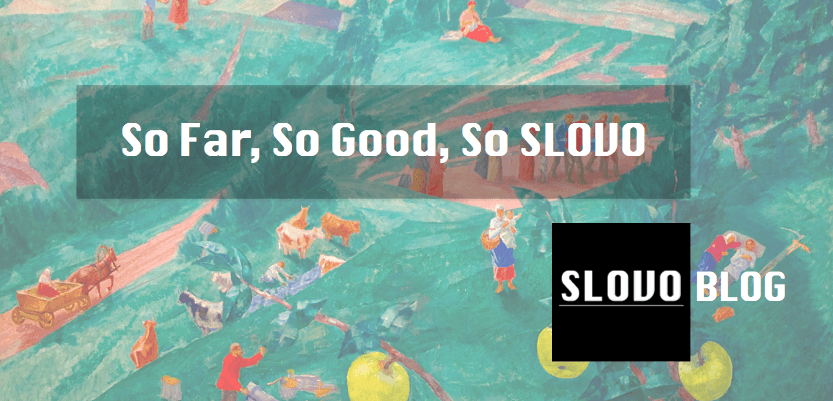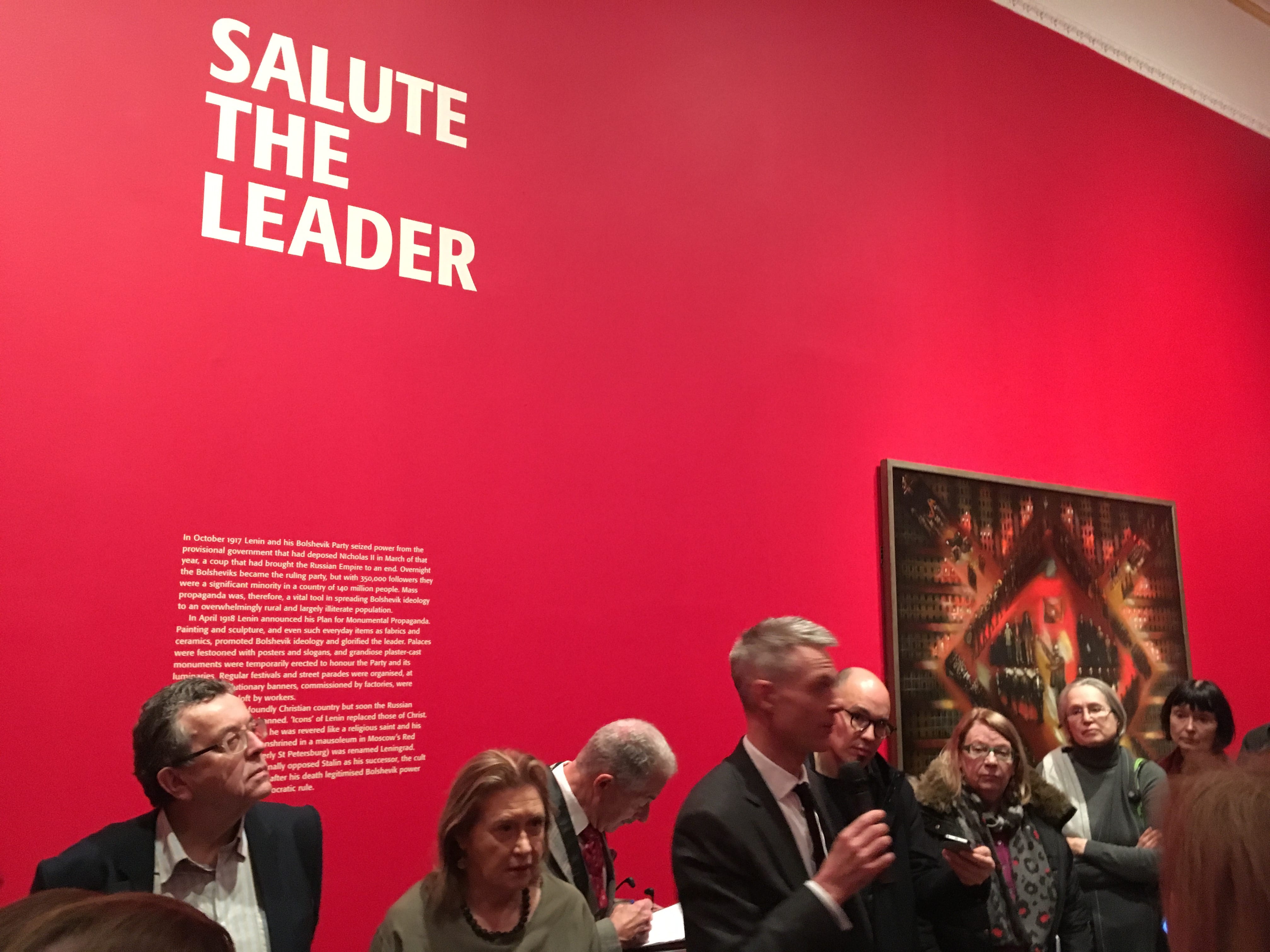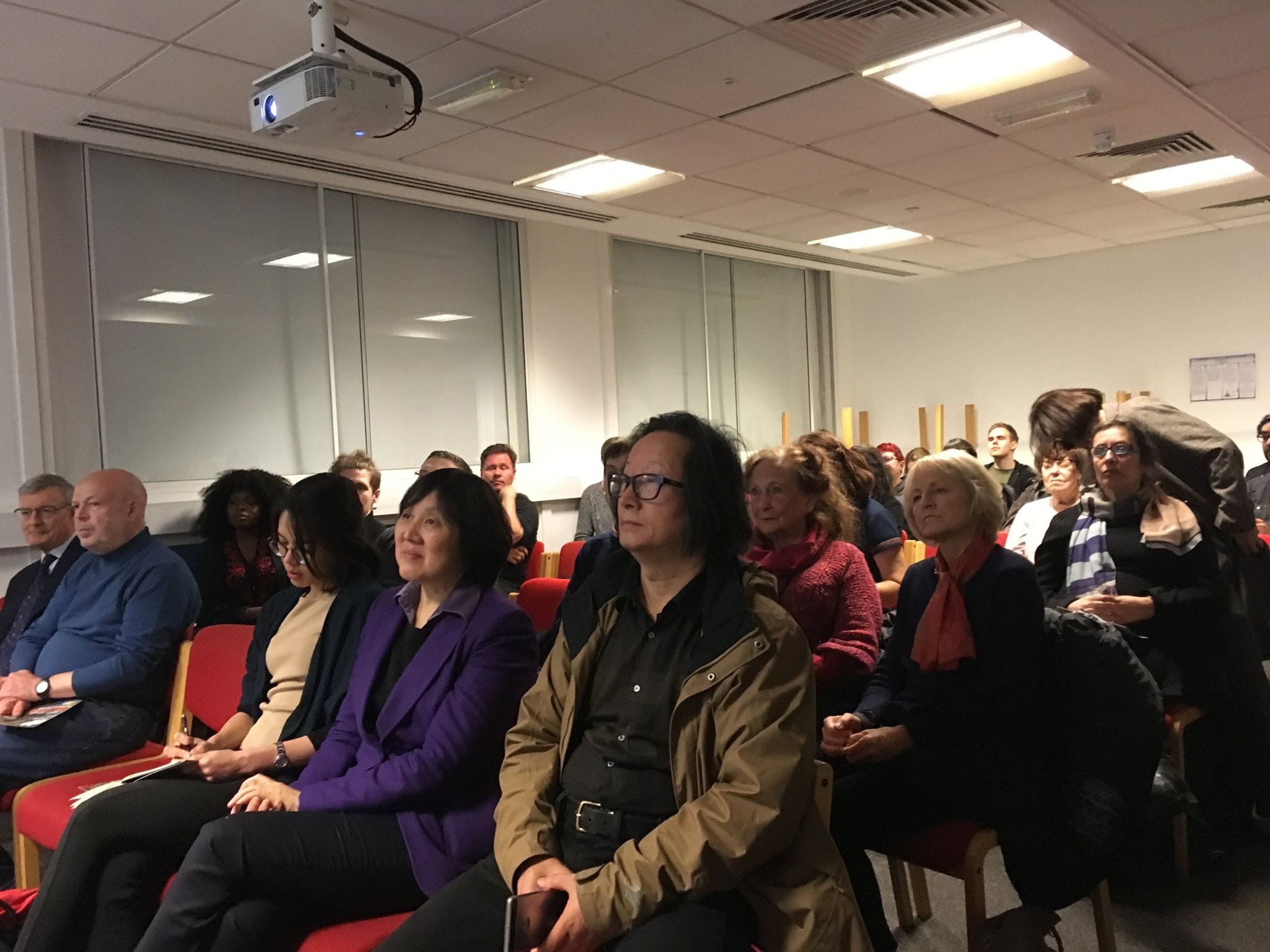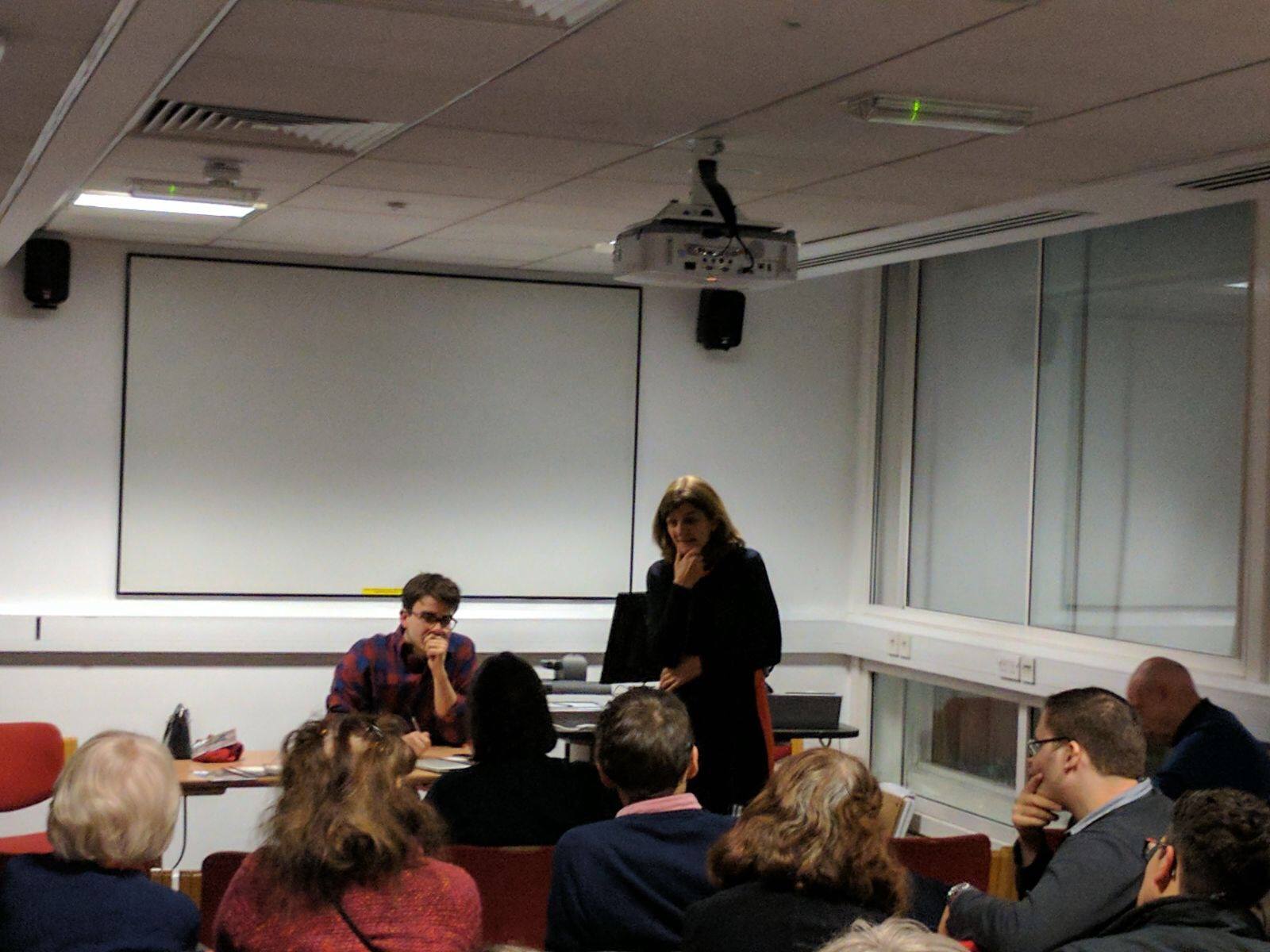
With the persistent misrepresentation of Romanians and Bulgarians in the British press, Rebecca McKeown asks: is it time for an end to unfettered free speech?
Britain’s press freedom must end.
Even as I type the sentence I flinch and want to hammer repentantly on the backspace key. The words read like democracy gone wrong: an attack on a fundamental human right. They bring to mind the heated debates of the post-Charlie Hebdo moral melee. They seem to typify everything that a truly liberal society might hope to denounce.
And yet … I stand by them. The callous portrayal of East European immigrants by the red-top right and the racist generalisations and lies peddled to petulant and ill-informed swathes of the British population have become intolerable. Who gave the British media a free pass to provoke societal division and institutional racism?
Those liberal Britons who have grown up accustomed to the tabloid circus joke at its expense and shake their weary heads at every new, bigoted headline. It seems to me, a newcomer to these green and pleasant lands, that Britain’s populist press is all too often brushed off like an embarrassing drunk uncle—a little bit puckish, a little bit provocative and opinionated, but all in all, harmless.
If you had been a fly on the wall in conversations I have had with UK-based Romanians of late, you would be as certain as I am that such coverage is anything but harmless. Any medium which allows the publication of material that, for example, calls Romanian workers “a huge army of parasites” is in no way innocuous.
It has now been over a year since labour market restrictions were lifted in the UK, allowing Romanians and Bulgarians to work here legally. Certainly, some came. Many went home again too. This is the nature of today’s mobile workforce, and the reality of EU membership. Many Brits count themselves lucky that they can hop across to the continent to live or work in Paris, Munich, Seville, or Budapest. Romanians now have that same right, and, bravo them, many are exercising it.
The great majority of those Romanians who come to the UK prove themselves to be hard-working, honest, contributing members of society, as immigrant communities so often are. But still, still, in this enlightened, largely-liberal, globalised society—still there are a great many Britons who believe the generalisations printed on a daily basis about a people who are no less intelligent, creative, and proud than they are.
Researching this post, I embarked on a Google search for “UK Romanians”. I should not have troubled my fingers with the exercise. So predictable were the headlines, so copy-and-paste clichéd, I could have written them myself given a burst of creative malice. The stories read like bad jokes:
‘Romanian planned to smuggle 3ft 2in burglar known only as ‘The Midget’ out of the UK by hiding him in his luggage and flying to their home country’
‘Romanian thief caught shoplifting twice within three days of arriving in the UK including just hours after stepping off a plane’
‘Romanian children 130 miles from home demand taxi and McDonald’s at London police station’
And these were only the first three headlines I encountered in a search of the past few days alone. Eighteen months ago, I investigated the media’s depiction of Romanian workers somewhat more extensively. In a study of four tabloids and 315 articles, I categorised each piece by the type of language used and whether a positive or negative depiction of Romanian and Bulgarian migrant workers was given.
The results of the study found that the three right-leaning tabloids (The Sun, the Daily Mail, and the Daily Express) were far more likely to report hyperbolic, negative pieces about Romanians and Bulgarians than the left-leaning Daily Mirror. In other words, the tabloid nature of the paper appeared to have less effect on the anti-Romanian rhetoric published than did its partisan leanings. Some of the headlines recorded during the study included:
‘Bogus Bulgar Benefits Rackets Exposed’
‘Time Bomb: Special Investigation in Romania – Migrants to Bring Drug-Resistant Superbug to UK’
And my personal favourite, demonstrating the innate talent of tabloid journalists at disguising ingrained racism in crude quips: “BULGAR OFF”.
The inanity of tabloid immigration puns aside, the issue of racism towards Romanians (or insert the Central/East European nationality of your choice here) is ongoing and unrelenting. Very often when I meet a Romanian in London, I am shocked by their stories of discrimination. Frequently they are apologetic about their ethnicity. A personal experience of this just two weeks ago almost brought me to tears.
In a small café just north of UCL, a waitress came over to deliver my food. Her accent and appearance led me to believe that she was Romanian, and so I asked her: “Where are you from?”
The look of trepidation and distress that flashed across her face, just for that split second that her eyes met my own, was one of the most heartbreaking experiences of my time in this city. “I’m from Romania”, she replied, every syllable apologetic, bracing herself for what she seemed sure would follow.
My answer, in imperfect Romanian, felt—appallingly—like giving a gift. “Romania!”, I exclaimed, “You have the most beautiful country in the world! I wish I was Romanian!”
How wonderful would it be if such a simple gesture was not so rare as to elicit an overjoyed response? The young woman beamed, sat opposite me for a minute, and poured out her troubles.
“Everyone is horrible to me when they hear I’m Romanian.”
“I miss my family, but this is the best chance I have to support them”
“I want to study, so I am working hard to fund my education”
“The management here treat me very badly. They take the tips I earn and I never see them again”
How I wish this was a one-off conversation. Similar ones are, however, to be had with a great many of the Romanians working hard to earn and contribute here. A young man I met recently came to London to study, but finding himself out of pocket, quit school to work instead. The persistent suggestions that he was in the UK to scrounge off the system had left him determined to prove his worth in a way that other Europeans are rarely forced to:
“I am going to work hard for a few years. Then, when I have enough money, I’m going to walk up to the admissions desk at the university with bundles of cash and pay in advance for my degree, right there on the spot”.
These Romanians, the Romanians that I know and often meet, in no way resemble the violent and dishonest characters that the British press so often choose to splash across their pages and that certain sections of British society choose to see as representative of an entire nationality.
Luckily, I am not the only person who thinks that depictions of Romanians in the UK have spiralled out of control. A group of good people, Brits and Romanians alike, are seeking to remedy the misrepresentations of Romanians in this country. Their documentary is titled 13 Shades of Romanian—but let us not hold this against them. They are producing thirteen stories of thirteen Romanians living in the UK, with the aim of showing a side of Romanians few Brits are exposed to. The project has just achieved its funding goal through a crowdsourced Indiegogo campaign, though they are still welcoming support.
How sad that such a campaign is necessary, and that it is very much an ambulance-at-the-bottom-of-the-cliff remedy. Can Britain’s media not be held more accountable for damning the reputations of every Eastern European who walks through the arrivals gate at Heathrow? As far as I am concerned, the rhetoric that continues to abound about Romanians and other East European expats is a human rights abuse of the first order—more so, I believe, than restricting the unfettered, unfiltered, and unacceptable racism so often printed and consumed in this country.
Rebecca McKeown is a Romaniaphile and Hungarian language learner from New Zealand, currently studying at SSEES. A former radio journalist with interests in diplomacy and development, her current research explores the performance of national cultures in Romania. Twitter: @rebiccamck

 Close
Close







